Pool Conversions Explained: Everything You Need to Know
Pool conversions focus on the sanitation system used to disinfect a pool. A conventional pool uses chemicals, such as chlorine or bromine, to kill germs responsible for water-borne illnesses. These include bacteria, such as Escherichia coli (or E. coli) and Shigella, and viruses, such as norovirus.
Chlorine kills bacteria and viruses through oxidation. Oxidation is a chemical reaction that removes an electron from atoms. When bacteria and viruses are exposed to chlorine, oxidation damages the cell walls, DNA, and enzymes needed to keep the microorganisms alive and reproducing. This is also how chlorine laundry bleach disinfects clothing.
Unfortunately, parasites are the most common cause of illnesses transmitted via swimming pools. These parasites are very hardy and can survive in chlorinated water.
Pool cleaning services are necessary to keep the pool water's chemistry balanced so that chlorine can operate optimally to kill bacteria and viruses. However, to fully address the problems raised by parasites like Crypto and Giardia, a pool conversion may be necessary.
Three Types of Pool Conversions
There are three ways to convert a swimming pool. These include:
- Salt water
- Ozone
- Ultraviolet (or UV)
All three of these systems are intended to provide a sanitation system that overcomes some of the perceived problems with chlorinated systems. Here's what you should know about each system.
Salt Water Systems
When you hear "salt water system" you probably think of ocean water. However, ocean water has a concentration of about 35,000 parts per million salt, which is far more than your saltwater pool could hold. A salt water system, on the other hand, has between 2,700 and 3,400 parts per million salt. This gives the water in a salt water pool about the same salinity as human tears.
Salt water pool conversions are not as simple as simply adding salt to your swimming pool. Rather, a salt chlorinator is added to the pool water circulation system. The salt chlorinator uses electricity to break salt, sodium chloride, into sodium and chlorine. Instead of adding chlorine to your pool, the salt chlorinator will then chlorinate the pool using the salt.
The benefit of a salt water pool is that the water is typically "softer" than traditional chlorine options. This means that the water is easier on your eyes and skin. It won't be as dry as when you swim in a chlorinated pool and, for many, it causes fewer allergic reactions.
Ozone Systems
Ozone is a form of oxygen that has three oxygen molecules together instead of the usual two molecules. Although we do not breathe ozone, it is essential to life. The ozone layer at the top of the Earth's atmosphere filters UV radiation from the sun's rays, thereby acting as the planet's sunglasses. Without the ozone layer, much more UV radiation would reach the ground and we would be at much higher risk of skin cancer, sunburn, and eye damage.
Ozone is also a very powerful oxidizer for your pool. When a swimming pool is converted to use ozone as a disinfectant, an ozone generator uses ordinary oxygen in the air to create ozone. The ozone is injected into the pool water, where it oxidizes microorganisms, including Crypto and Giardia parasites. While ozone systems do not fully replace chlorine, its levels will be reduced by up to 90% in your pool.
UV Systems
UV systems use radiation to kill microorganisms and parasites, like Crypto and Giardia. UV radiation causes damage to the microorganisms by breaking cell walls and damaging DNA. In fact, this is the same mechanism that causes UV light to cause skin cancer. However, in this case, UV radiation is used for disinfecting pool water.
In a UV pool conversion, a UV unit is added to the pool water circulation system. The water is exposed to UV light as it passes through the UV unit. Again, your pool cleaning service will need to add chlorine too, but your chlorine use will drop by as much as 90%. Moreover, UV systems are inexpensive to operate since the UV light uses about as much electricity as a light bulb.
Pool conversions can reduce your reliance on chlorine, thereby making your pool water safer and avoiding the problems that chlorine causes. It should be noted that these pool conversions will not eliminate the need for pool cleaning services. On the contrary, pool cleaning services are needed to monitor the pool water chemistry, balance the chemistry, and, in the case of ultraviolet and ozone systems, add chlorine to assist the sanitation system. Contact SwimHappy Pool Service and Repair for more information today.

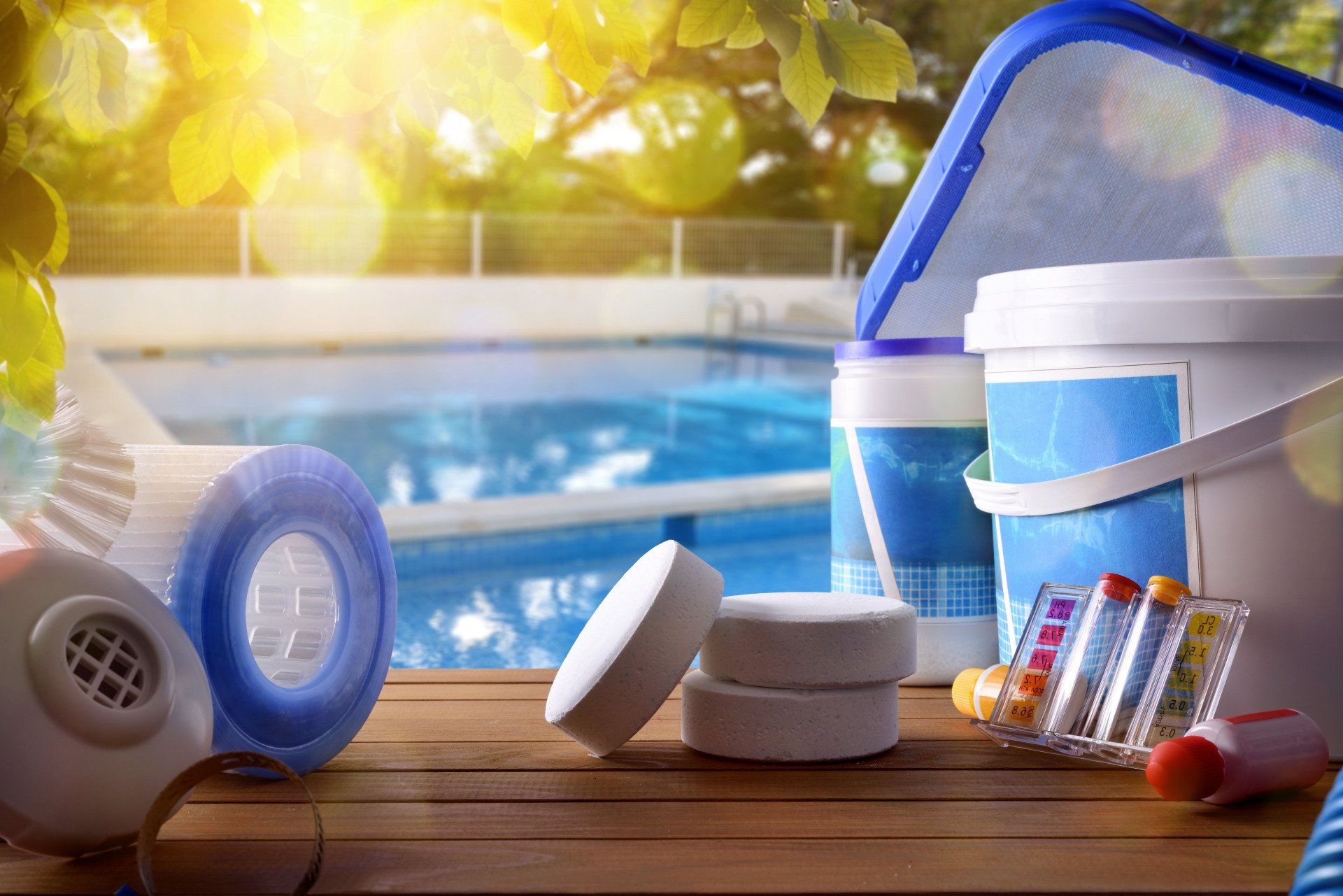
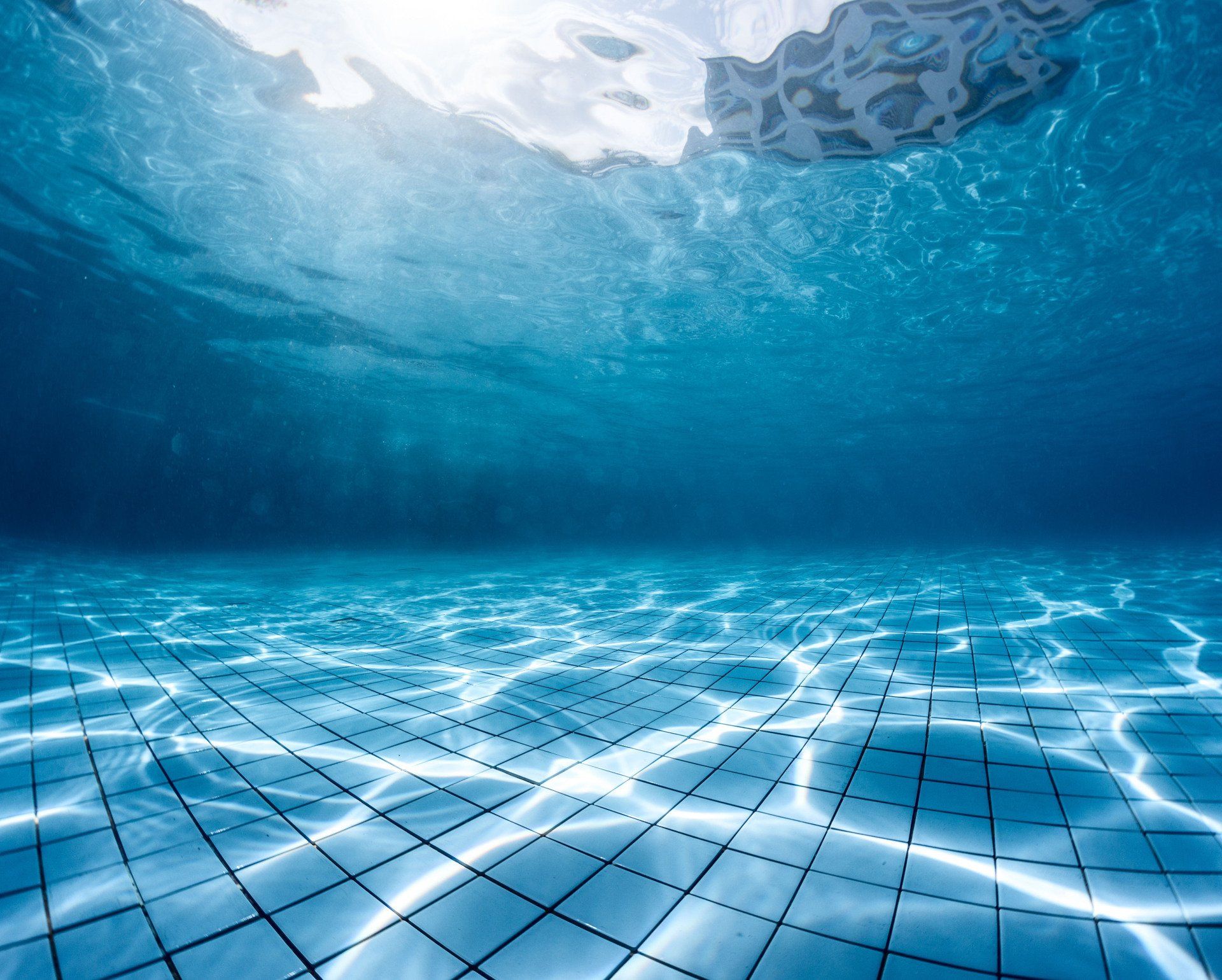
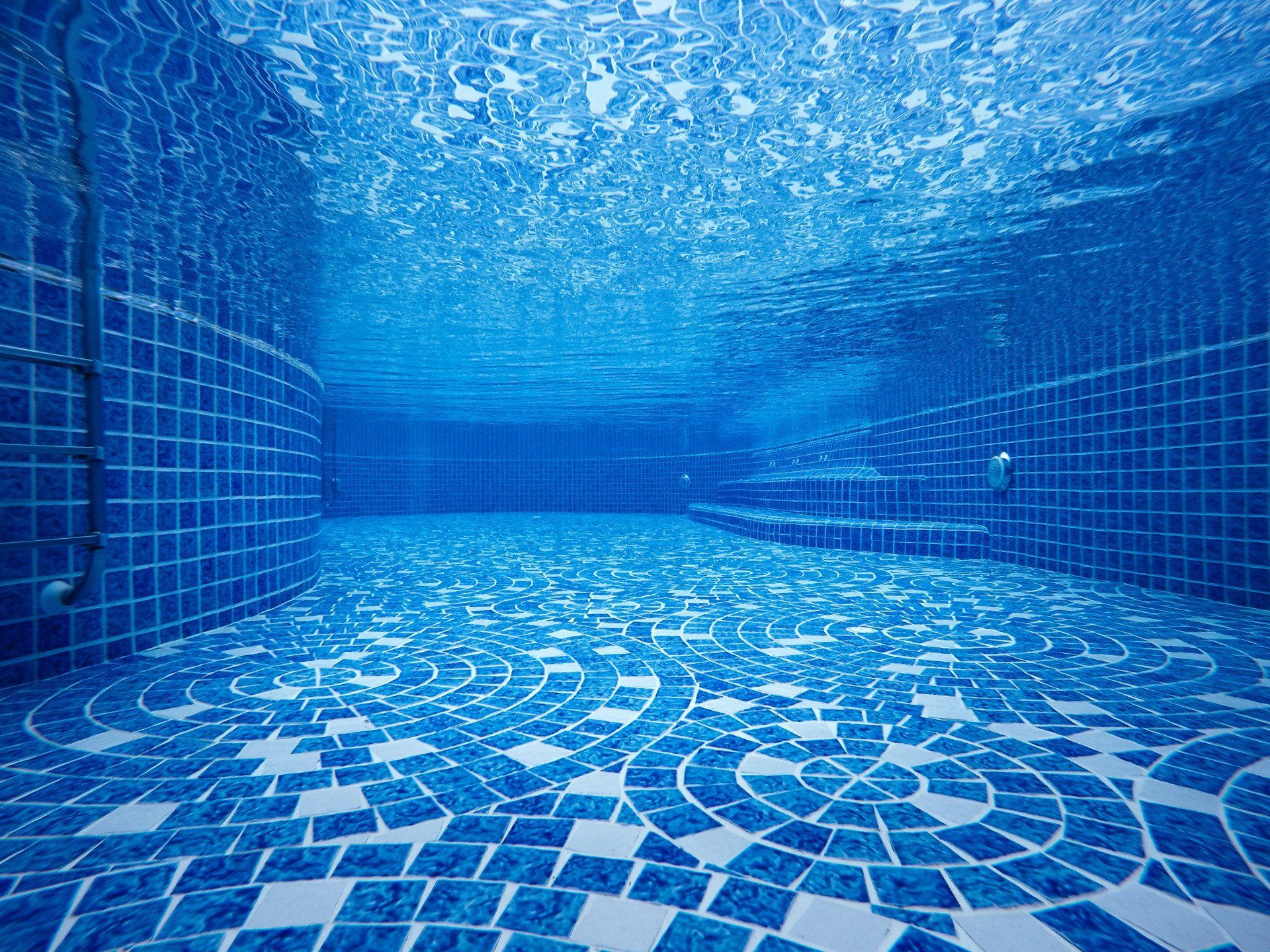
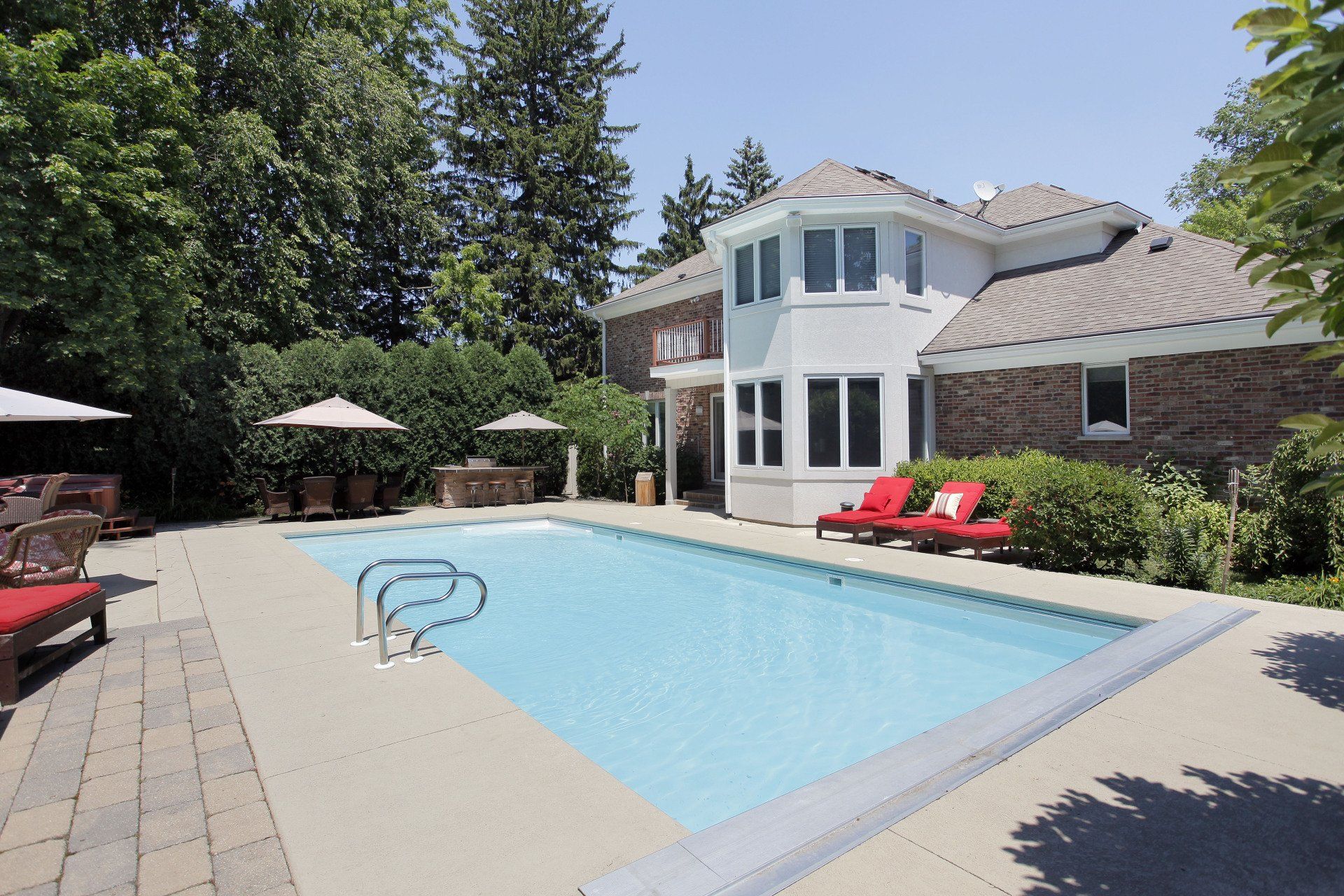
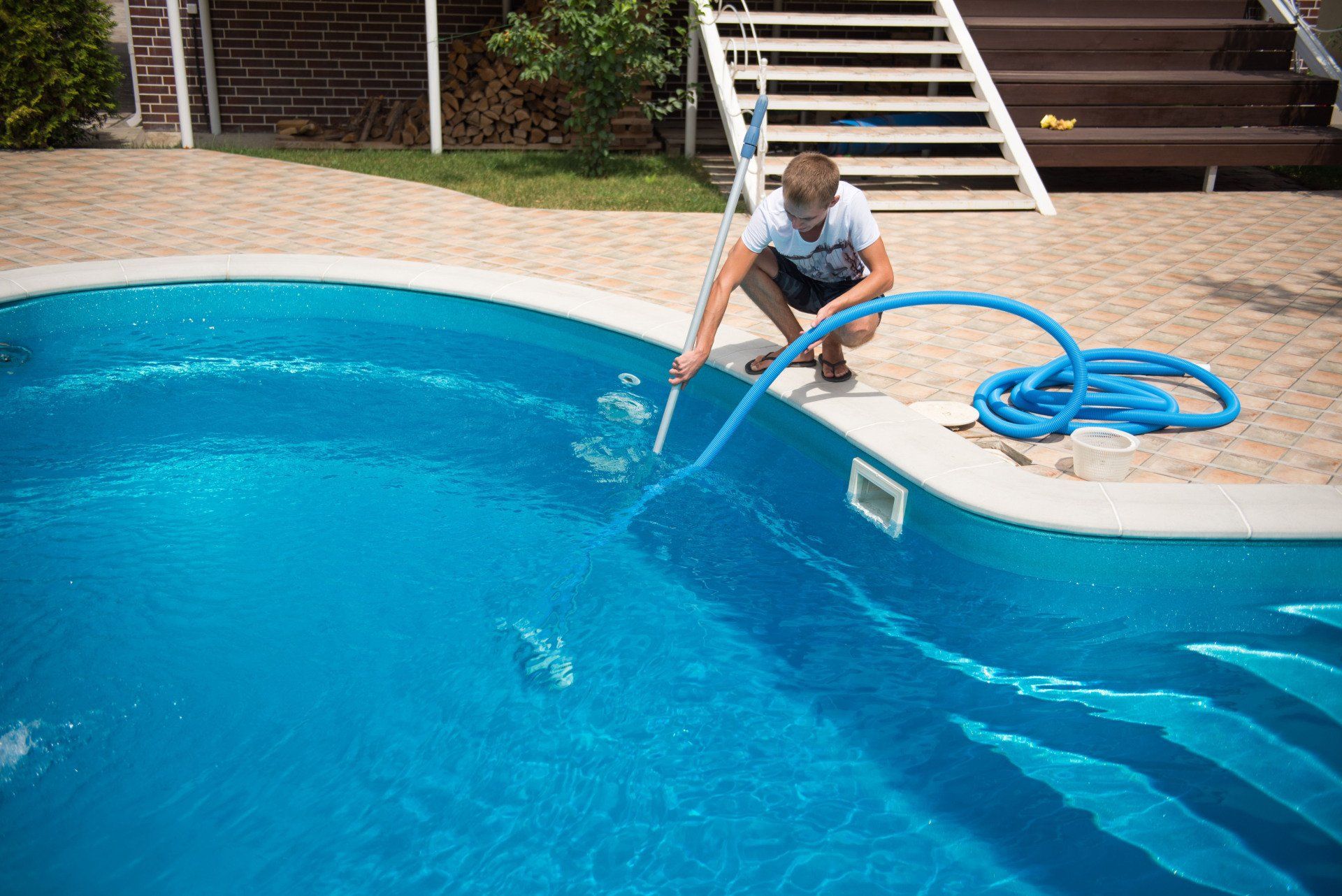
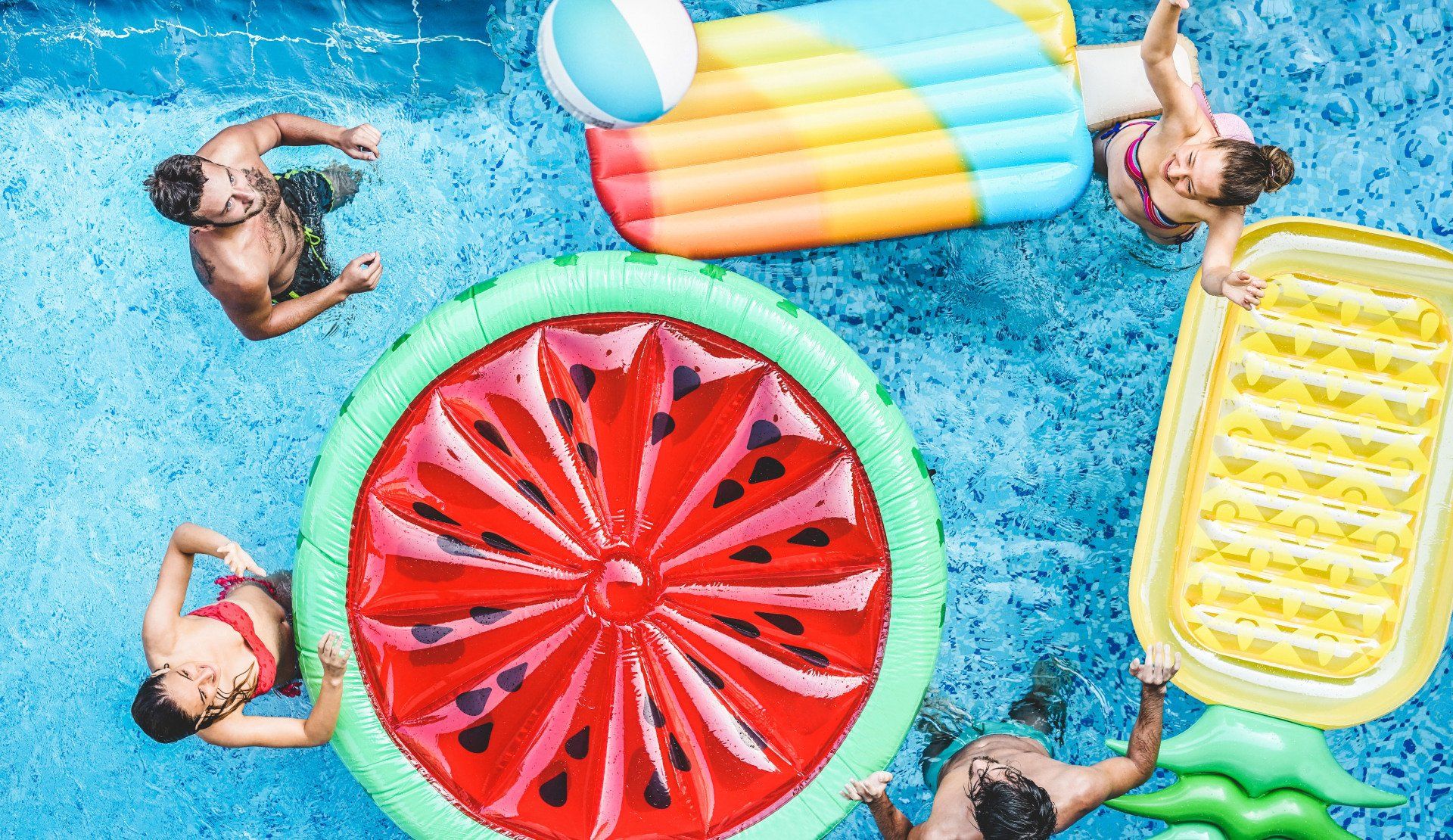
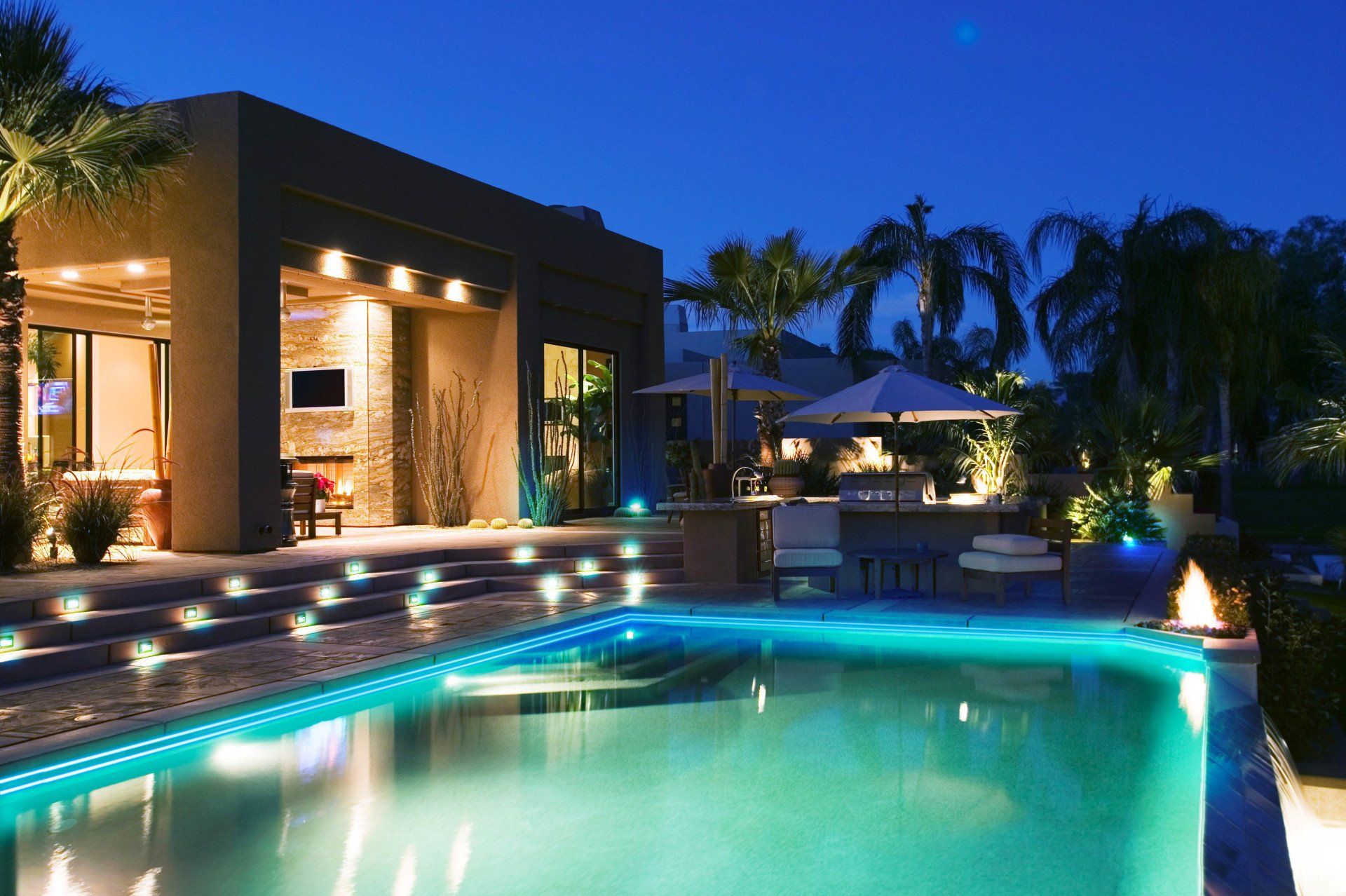
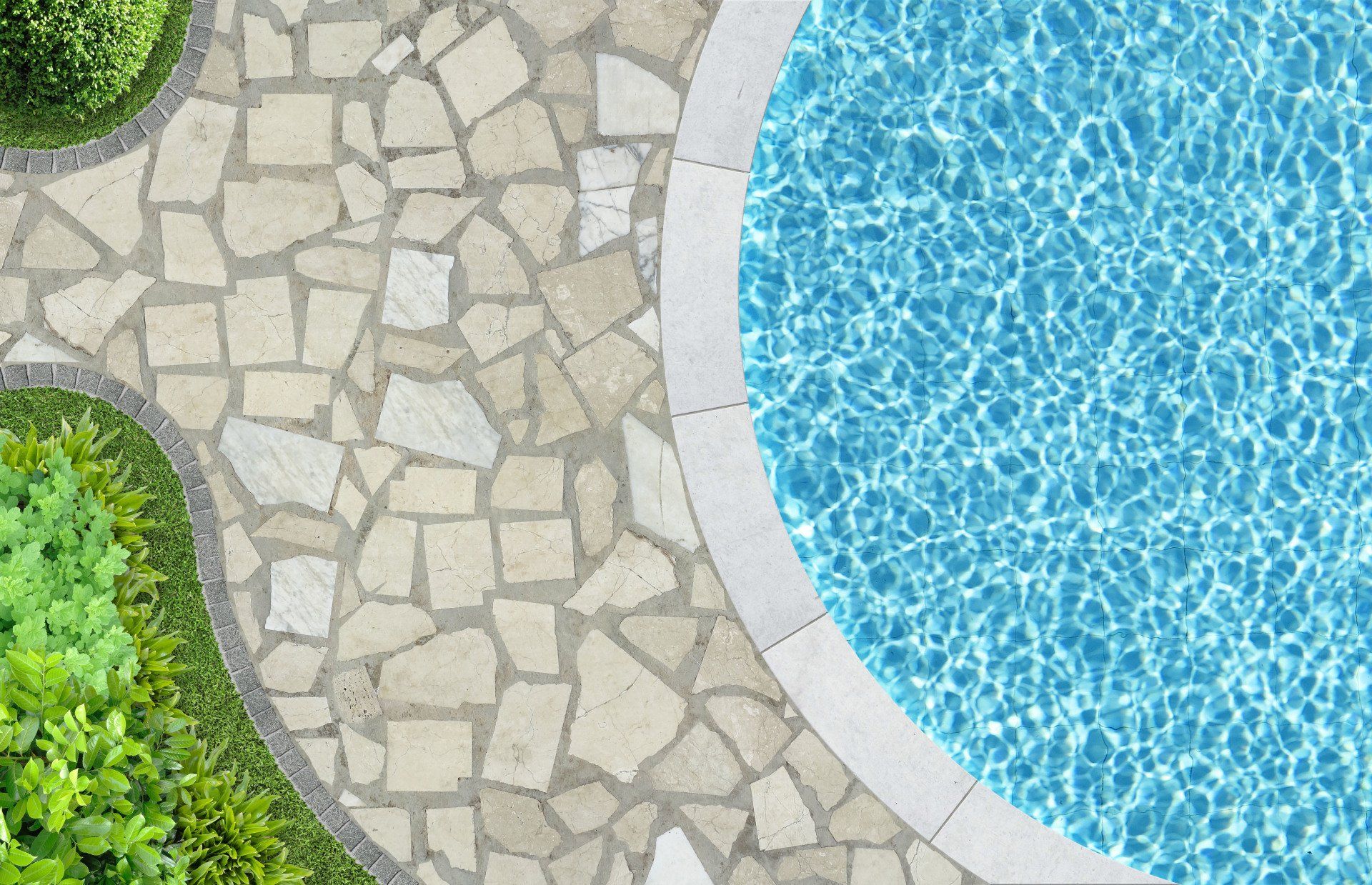
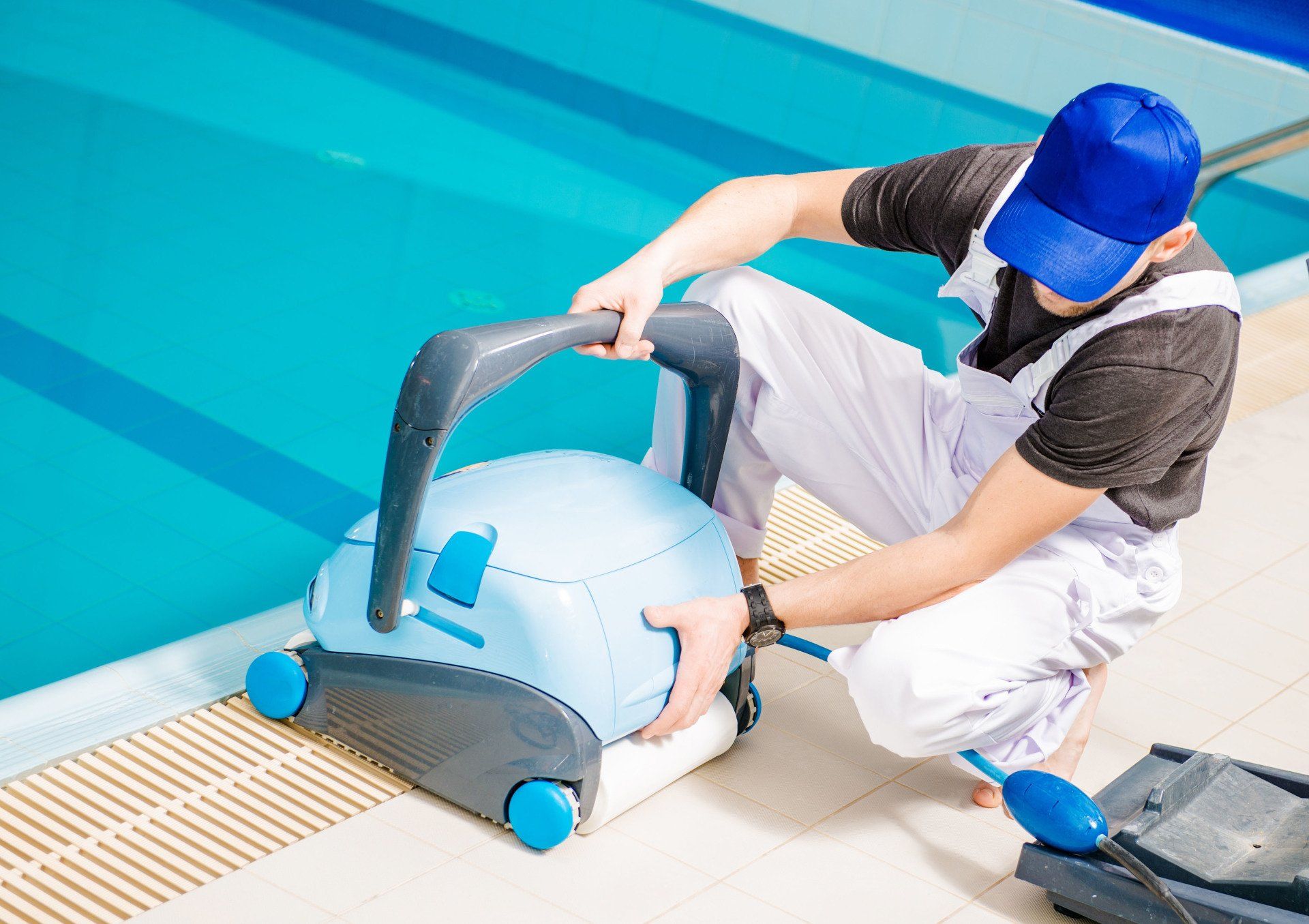

Share On: